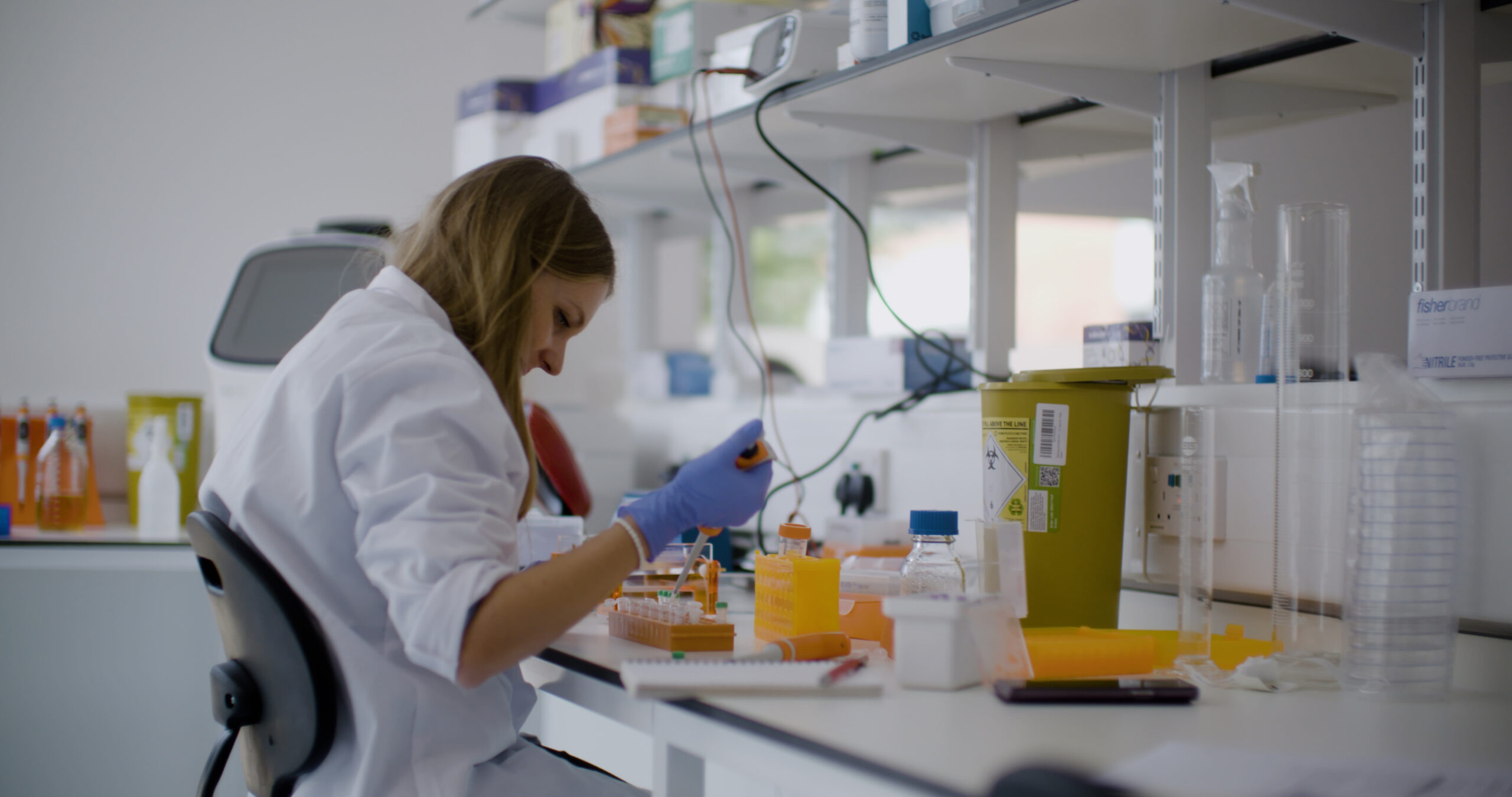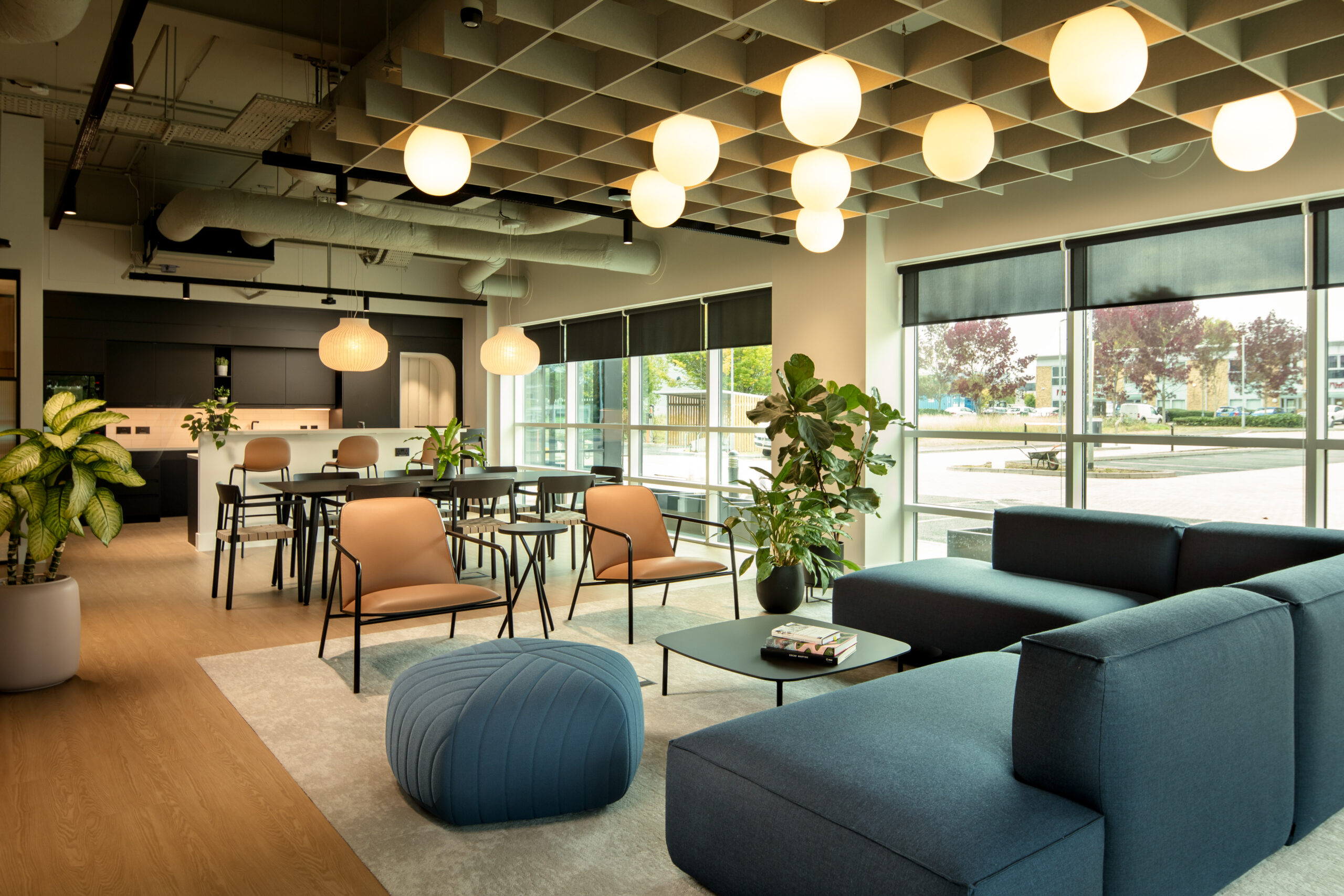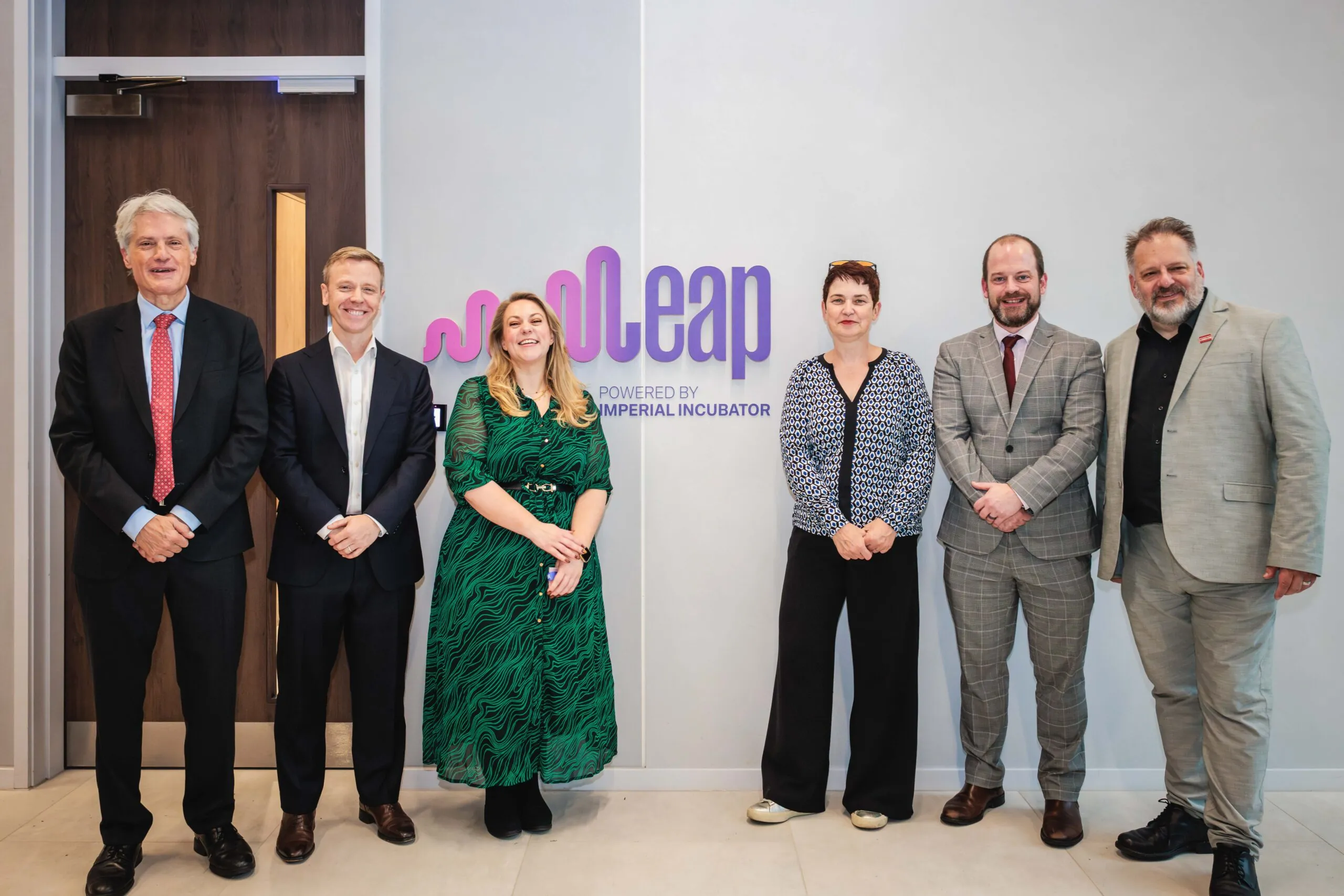ARC wins at The Life Sciences and Research Clusters Awards 2025
ARC (Advanced Research Clusters) has taken home the Innovative Lab Space Solutions Award at the prestigious Life Sciences and Research Clusters Awards 2025, recognising its pioneering work in creating inclusive, agile and high-performing spaces for scientists to scale their solutions to the world’s biggest challenges.
ARC secured the award for its West London Campus in Hammersmith where it’s supporting a new generation of life sciences and tech companies. With flexible and inclusive lab infrastructure and a collaborative ecosystem, ARC is enabling early-stage and scaling businesses to move seamlessly from discovery to development and commercialisation.
Judges commented on the strength and the thoughtfulness of the award which stood out for its innovative focus on neurodiversity within life sciences environments. Judges praised the ambition to create inclusive lab spaces that enhance comfort and performance not only for neurodiverse individuals but for all users. The diverse range of offerings – from flexible bench space in Leap to grow-on space in Motherlabs – supports collaboration and cross-disciplinary innovation.
The submission was supported by high-quality research, extensive data collection, and testimonials, reflecting genuine sector leadership. The recognition follows an industry leading project with architects HOK and The University of West of Scotland which identify that the science sector has a higher percentage of neurodiverse individuals compared to the global average. The joint project team developed an entirely new lab concept to create neuroinclusive environments catering to a diverse range of cognitive and sensory needs, enhancing comfort, focus, and performance for all users.
At the heart if the West London Campus is Refinery, home to Leap: Powered by Imperial Incubator, which launched in March 2025. This groundbreaking coworking lab model provides individual benches and state-of-the-art facilities for early-stage scientists removing the financial and logistical barriers of scaling in traditional lab space.
The Refinery also houses Motherlabs, London’s first science accelerator run solely by a commercial organisation. Designed to match the fast-evolving funding cycles of start-ups, Motherlabs offers fully fitted CL2 labs with flexible leases and all-inclusive rents, making it easier than ever for companies to scale on their terms.
Together, Leap: Powered by Imperial Incubator and Motherlabs provide the space and support for scientists and innovators to turn early-stage ideas into commercialised products by scaling under one roof.
Jenny Gardner, Development Director at ARC said: “We’re proud to be recognised with this award, an endorsement of our commitment to redefining what real estate can mean for science and innovation. At ARC, we believe that real progress starts with listening, asking the right questions, engaging meaningfully with the scientific community we serve and designing with empathy and inclusivity from day one.”
Colin Marrs, Editor of Construction News said: “The life sciences sector is buzzing at the moment. The UK is not just a world-leader in this sector but in the design and construction of the buildings that are fuelling it. We’re proud to be able to recognise the achievements of all the winners and shortlisted entrants at today’s inaugural awards ceremony.”
The Life Sciences and Research Clusters Awards celebrate the visionary organisations and projects shaping the future of life science infrastructure from architectural excellence and lab innovation to inclusive, community-focused development.
ARC West London is a science and innovation campus on the banks of the River Thames and home to leading life sciences organisations including: Kesmalea, Sania Therapeutics and Epsilogen. Only a short distance from Imperial College and Charing Cross Hospital, the campus is part of West Tech London, a high potential hub of innovation with over 1000 deep tech businesses, creating jobs attracting investment and cementing the UK as a leader in science and technology.


